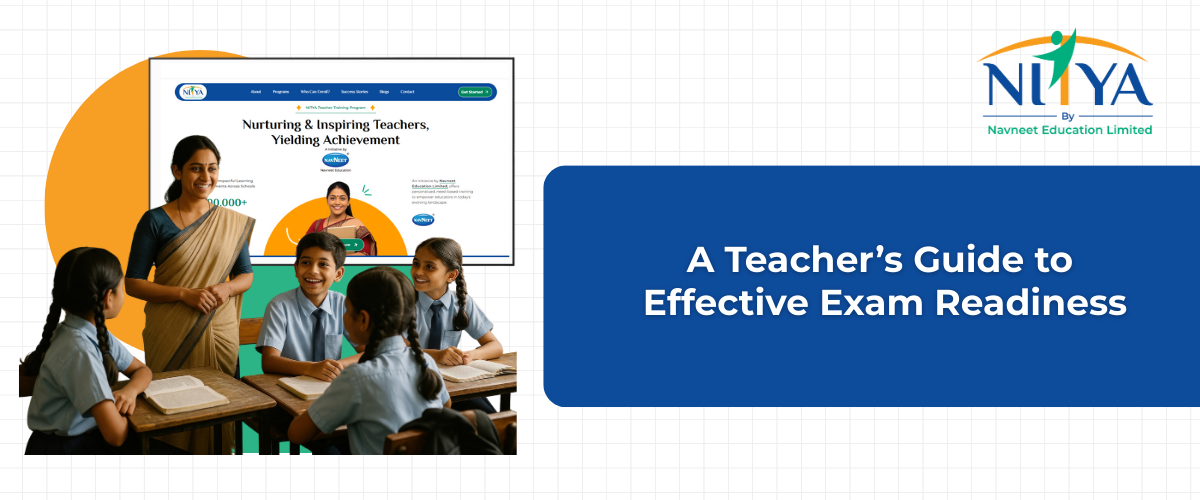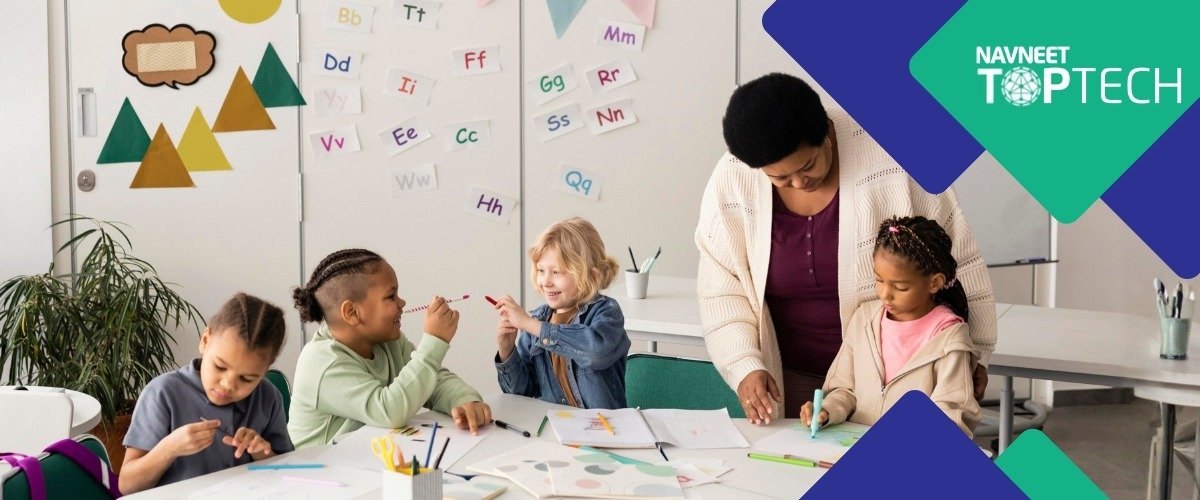Key Takeaways
- Emphasizes a shift from rote tests to holistic assessment, measuring academic, cognitive, social, and emotional skills.
- NEP 2020 supports continuous evaluation, flexibility in assessment types, and student-centric methods.
- Modern techniques include project-based assessments, critical thinking tasks, and technology-enabled tools.
- Learning Management Systems (LMS) help implement diverse formats, real-time feedback, and data analytics.
- Schools need to adapt: redesign assessment frameworks, train teachers, and integrate digital tools to align with the holistic vision.
In the vibrant tapestry of modern education in India, the landscape has witnessed a transformative shift, catalyzed by the National Education Policy (NEP) 2020. As CBSE schools, including those in regions like Yelahanka and South India, adapt to these changes, one crucial aspect gaining prominence is the reevaluation of what is holistic assessment in education and its practical implementation. In this exploration, we delve into the world of holistic student assessment, seamlessly weaving the keywords NEP 2020, modern education in India, and LMS into the fabric of our narrative.
Unravelling the NEP 2020 Threads:
The NEP 2020 has laid down a visionary roadmap for the Indian education system, emphasising flexibility, creativity, and a learner-centric approach. As CBSE schools aligned with NEP, especially those striving to become smart schools with NEP, implement these principles, the need for assessment for holistic development of students becomes paramount, transcending the boundaries of traditional grading systems.
Holistic Assessment in the Modern Indian Educational Context:
Modern education in India is no longer confined to textbooks and standardised tests. It has evolved into a dynamic ecosystem that nurtures not just academic prowess but also essential life skills. NEP 2020 encourages holistic assessment in teaching, which reflects this progress by embracing multiple techniques.
The Role of LMS in Holistic Assessment:
In this digital age, Learning Management Systems (LMS) emerge as invaluable tools for facilitating holistic assessment in education. Platforms such as TopSchool LMS, seamlessly integrated into the fabric of CBSE schools with modern education, provide educators with the means to implement varied assessment strategies efficiently and streamlined.
1. NEP 2020 and Holistic Learning Objectives:
- Flexibility in Curriculum: The NEP 2020 emphasises flexibility in curriculum design, encouraging CBSE schools to move beyond rigid structures. Holistic student assessment aligns with this objective by allowing educators to assess not just rote memorization but also a student’s ability to apply knowledge in practical scenarios.
- Diverse Skill Development: The policy recognises the importance of nurturing a wide range of skills, including critical thinking, creativity, and problem-solving. Holistic assessment in education focuses on evaluating these skills, ensuring that students are prepared for the challenges of the real world, as envisioned by the NEP 2020.
- Continuous Evaluation: NEP 2020 advocates for continuous evaluation over summative assessments. Holistic student assessment embraces this principle by providing ongoing feedback and assessment opportunities, fostering a more comprehensive understanding of a student’s progress throughout the academic year.
2. Modernising Assessment Techniques in CBSE Schools:
- Project-Based Assessments: Modern assessment techniques move away from traditional exams towards project-based assessments. Students are encouraged to undertake real-world projects, promoting a deeper understanding of concepts and the development of practical skills.
- Critical Thinking Challenges: CBSE schools are now incorporating assessments that challenge students’ critical thinking abilities. These assessments go beyond recalling facts and figures, encouraging students to analyse information, draw conclusions, and articulate their thoughts effectively.
- Incorporating Technology: Modern assessment embraces technology as a tool for evaluation. CBSE schools are leveraging online platforms and digital tools to conduct assessments, allowing for more dynamic and engaging evaluation methods that align with the technological advancements of the modern era.
3. Leveraging LMS for Dynamic Assessments:
- Real-Time Feedback: Learning Management Systems (LMS) facilitate real-time feedback, allowing educators to provide timely insights into students’ progress. This feature enhances the learning experience by addressing challenges promptly and reinforcing positive behaviours.
- Diverse Assessment Formats: LMS platforms support various assessment formats, from quizzes and written assignments to multimedia projects. This versatility enables educators to implement a range of assessment techniques, catering to different learning styles and preferences.
- Data-Driven Insights: LMS generates comprehensive analytics and reports, providing educators with data-driven insights into student performance. This information enables informed decision-making, allowing for adjustments in teaching strategies to better align with the learning needs of students.
4. Personalised Learning Journeys:
- Tailoring Assessments to Individual Needs: Holistic assessment in teaching, guided by NEP 2020, allows educators to tailor assessments to individual student needs. LMS platforms support personalised learning journeys by adapting assessments to each student’s pace, ensuring a more supportive and inclusive educational environment.
- Identifying Strengths and Weaknesses: Through holistic assessment, educators gain a deeper understanding of each student’s strengths and areas for improvement. This knowledge is instrumental in crafting personalised learning plans that address specific learning gaps and enhance individual capabilities.
- Promoting Inclusivity: Personalised assessments promote inclusivity by accommodating diverse learning styles and preferences. Students with varying abilities and strengths can engage with assessments in ways that best suit their individual needs, fostering a more inclusive educational environment.
Conclusion:
As CBSE schools embark on this journey of educational transformation post NEP 2020, holistic student assessment emerges as a beacon guiding the way. The fusion of modern education principles, NEP 2020 objectives, and the strategic use of LMS forms a harmonious symphony, propelling the educational experience towards new heights of excellence. In this ever-evolving narrative, the concepts of what is holistic assessment in education and assessment for holistic development of students seamlessly integrate into the fabric of a nuanced exploration of holistic assessment in education in CBSE schools — including those in Yelahanka, South India, and Bangalore.




